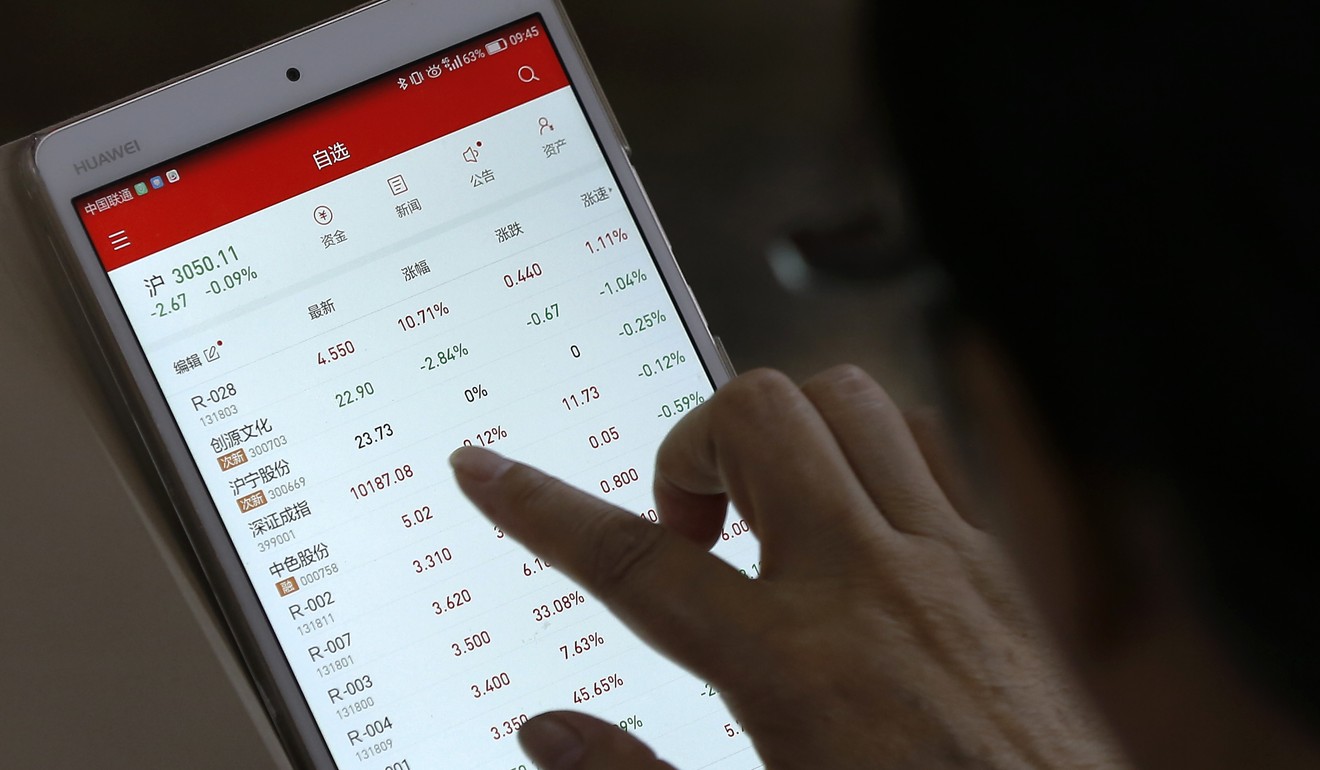
JP Morgan’s top-performing fund manager counts on China’s youngster to defend her title
The firm’s China Fund has delivered a 38pc return over the past year, thanks to gains from China’s online entertainment and private school stocks
Rebecca Jiang is banking on China’s younger generation of consumers to keep her top-performing stock fund ahead of its competitors.
The Hong Kong-based fund manager at JP Morgan Asset Management has been buying shares of iQiyi and Bilibili, the US-listed Chinese platforms for video streaming, and private school operator Wisdom Education International Holdings, betting that Generation Z – young people in their late teens and early 20s – will spend more on entertainment and leisure to better educational service.
“These youngsters have a higher tendency to spend on content and are more proactive expressing themselves online,” said Jiang. “In three years’ time, this generation will account for roughly two-thirds of online spending across various categories.”
She oversees the US$1.6 billion JPMorgan China Fund that has delivered a return of 38 per cent over the past year. The fund’s performance has trounced 90 per cent of its peers, according to Bloomberg data.
Increasing affluence has fuelled China’s consumption boom, from record box office to more overseas travelling during the Lunar New Year holiday this year. Consumer spending accounted for 54 per cent of the economy in 2017, the sixth straight year that consumption made up for more than half of the gross domestic product.
BOC International predicts that the nation’s consumer market will reach 100 trillion yuan (US$15.6 trillion) in 20 years, closing in on the size of the US market.
While the stock markets in the mainland and Hong Kong have been rattled by bond defaults amid financial deleveraging and the trade ruction this year, Chinese consumer stocks trading on offshore and onshore exchanges have increasingly gained favour among global investors as a shelter against turbulence.

iQiyi and Bilibili have jumped at least 75 per cent since their American depositary receipts debuted on the Nasdaq in March. iQiyi – whose biggest shareholder is China’s dominant internet search engine Baidu – is dubbed as China’s Netflix, while Shanghai-based Bilibili mainly focuses on a younger audience, with about 82 per cent of its users being born in China from 1990 to 2009. The online platform for animation streaming had 71.8 million average monthly active users by the end of 2017.
In three years’ time, this generation will account for roughly two-thirds of online spending across various categories
Shares of Wisdom Education, a private school that offers courses from maths to arts and music, have climbed 48 per cent in Hong Kong this year.
“Over 25 per cent of parents in China’s middle class are sending their children to private schools, so it’s a growing trend and we’re seeing a few companies benefiting from this,” said Jiang.
Jiang is also sticking to some beaten-down financial stocks this year in the portfolio, such as Ping An Insurance and China Merchants Bank, which she believes are perennial beneficiaries of China’s resilient consumption.
“We are positive on life insurers, given the long term growth opportunities underpinned by the unmet consumer demand in China,” she said. “We also own quality retail banks, which benefit from the long-term opportunities of growing consumer credit in China and with controlled asset quality risks.”

